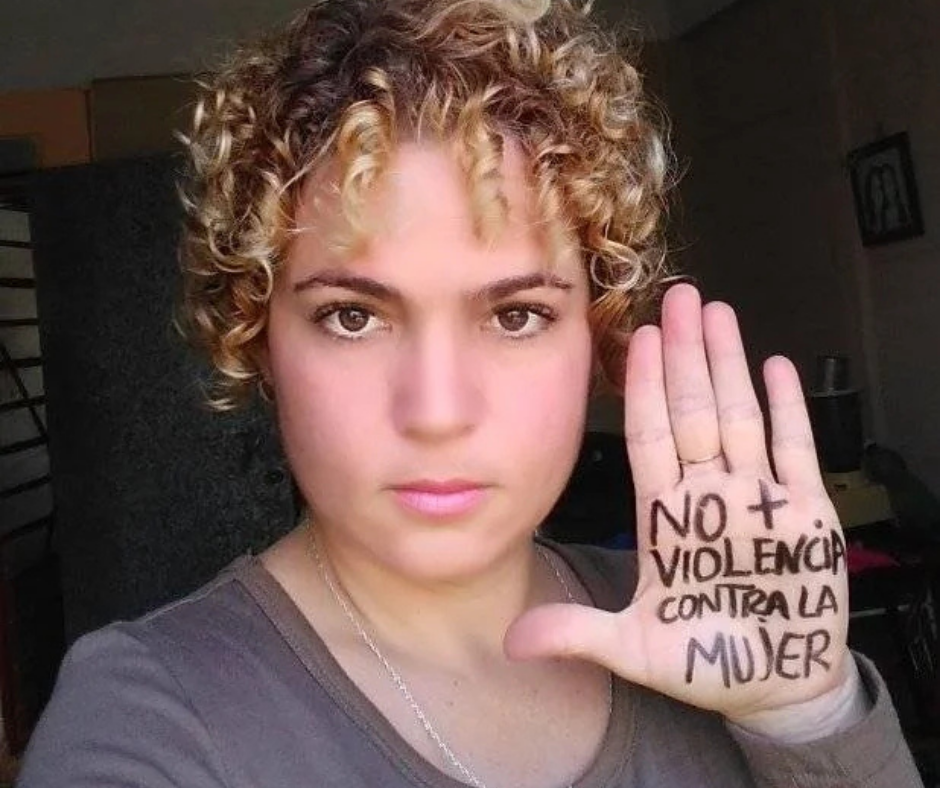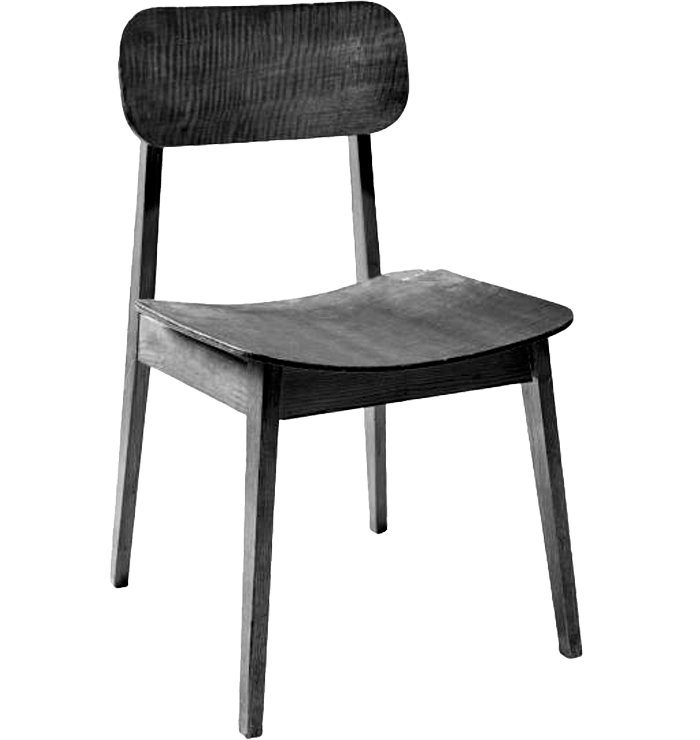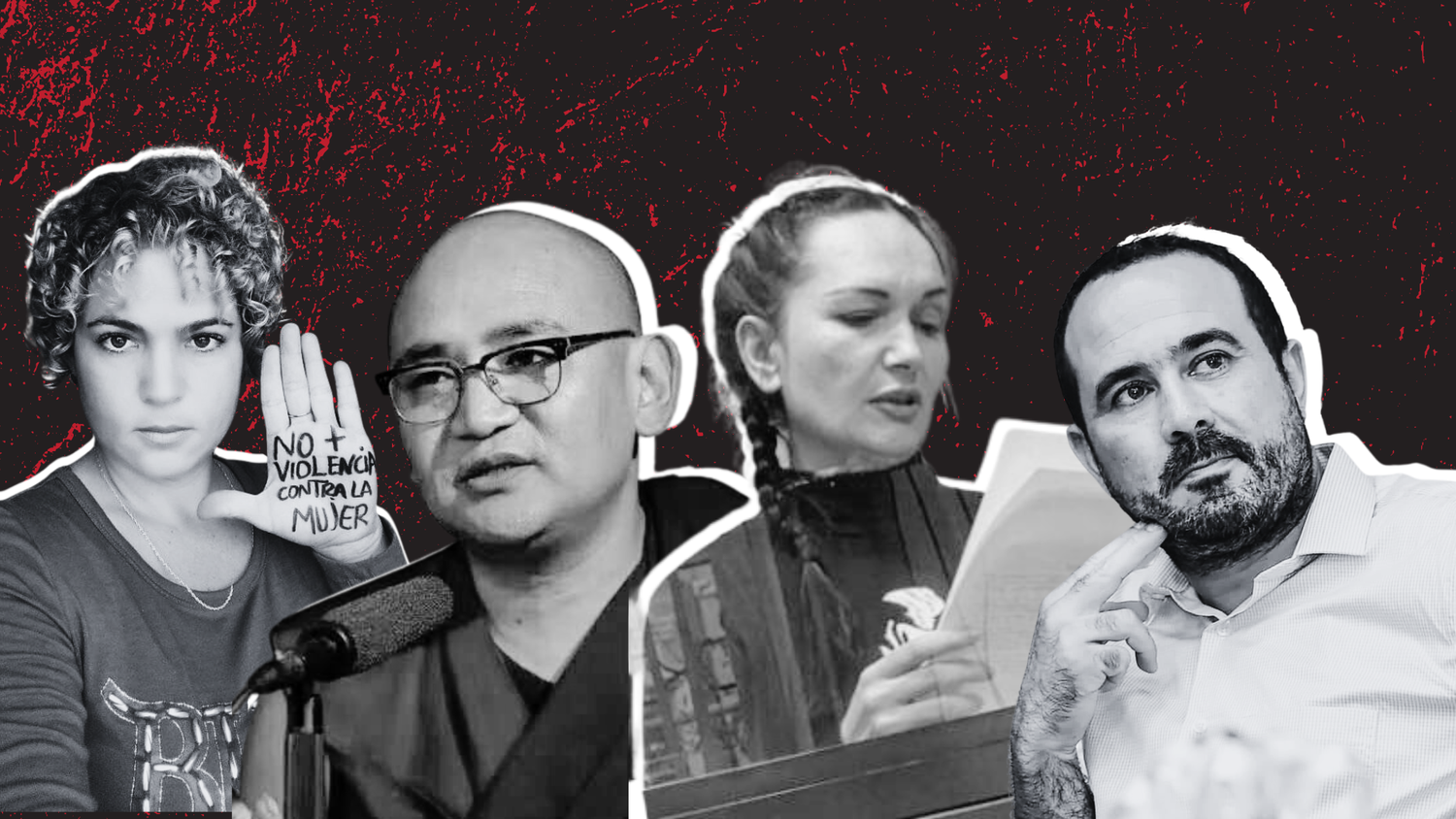Writers in Peril
PEN Canada defends and protects writers who have been persecuted, imprisoned or tortured for peaceful dissent. Since its founding, our centre has helped to free more than 100 imprisoned writers, including those serving life sentences or facing execution.
Current Cases

María Cristina Garrido Rodríguez
Cuba
Status: imprisoned
A poet and activist. Rodríguez is held in poor conditions in detention, including solitary confinement, lack of food and water, and inadequate sanitation.
Learn More

Jimmy Lai
Hong Kong
Status: imprisoned
A human rights activist, writer, and newspaper publisher and owner of the now-defunct Apple Daily newspaper. Lai has faced charges under both the National Security Law and a colonial-era sedition law.
Learn More
Every November 15, PEN centres around the world observe the Day of the Imprisoned Writer to bring attention to writers and journalists who have been imprisoned or persecuted for peaceful dissent.
The public is invited to participate in this annual PEN advocacy by writing a letter of solidarity, petitioning authorities, or hosting an event.
One Humanity Award
This award recognizes a writer whose work transcends the boundaries of national divides and inspires connections across cultures.
Past winners includes activists, journalists, poets, lawyers, bloggers, critics and comedians.
Subscribe for updates about PEN Canada’s work to defend free expression.




